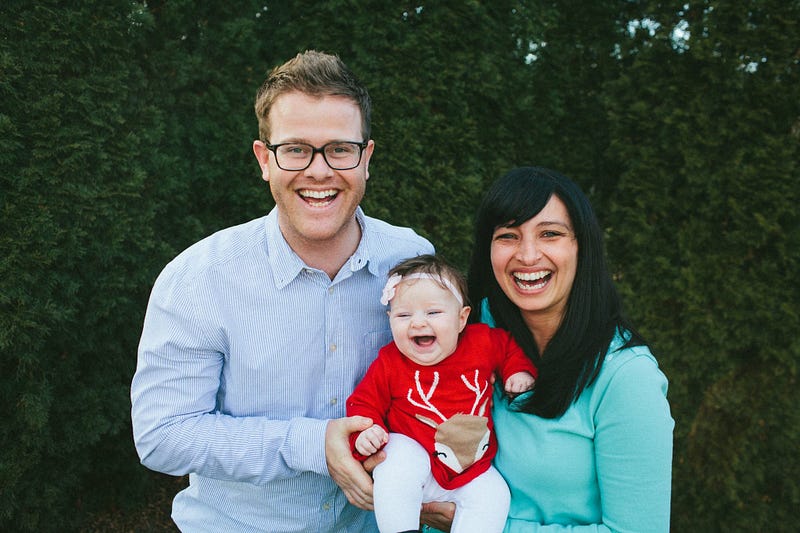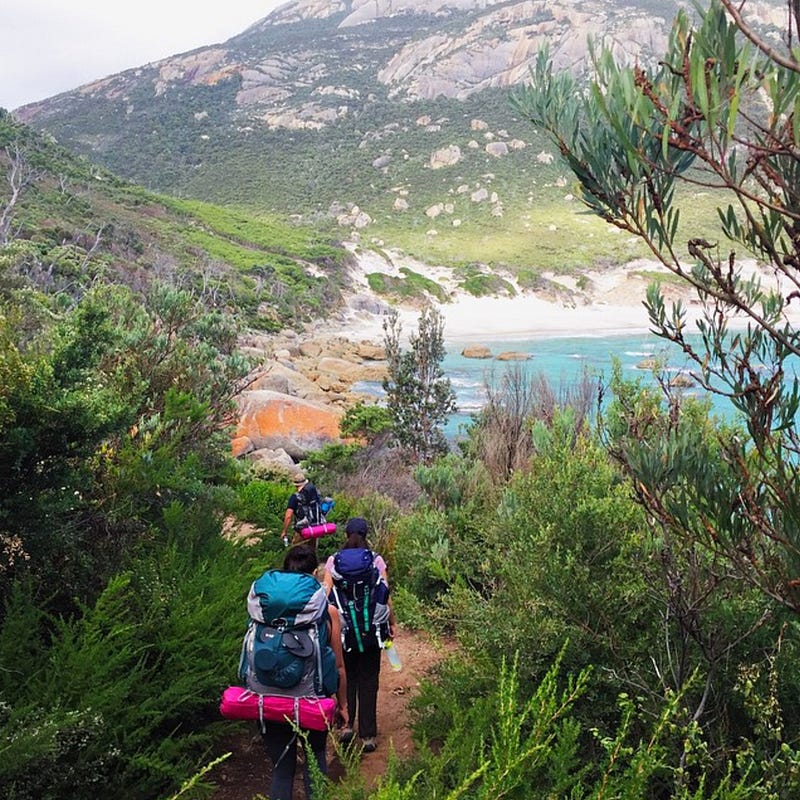No-fun February: A budget experiment

I never liked New Year’s resolutions. As a free-spirit, the idea of committing to one single goal for an entire year is NOT exciting. By mid-February, I’m usually bored, out of willpower, and looking for another adventure.
But twelve one-month long experimental resolutions? Now there’s an idea…
In 2014, Richenda and I took on the challenge of setting twelve different monthly resolutions. The idea was to test out new things for 30 days, and hopefully (!) retain good habits. Some were fun, some were healthy, and some were a real challenge.
In March we trained for and ran a half-marathon. In July we went on digital detox, and banned the use of technology after 6pm. In August we tried to simplify our life.
But February… that’s the one that changed my life dramatically.
“No-Fun” February
Our goal for February was to save 50% of our after-tax income.
Here’s how I describe it in a blog post from the time:
January holidays are for spending, so February will be for saving. We’re going to save 50% of our take home pay for an entire month… which pretty much means no-fun February. Apparently, if you live on 50% of your take home income, you can retire in 16 years.
Honestly? I expected the month the to be miserable.
Without spending money — I reasoned — we wouldn’t be able to go out to eat, or join friends for a night out. We’d have to walk to work instead of taking the bus… and Uber would be most definitely out of the question. Our groceries would be generic, and our wine would be $5 cleanskins at best.
The maths were tight: with our fixed costs for rent, bills and utilities, health insurance, and some monthly donations we had already committed more than 40%. And that’s before adding in groceries, lunches, transport, and all the miscellaneous expenses that come with life.
The Plan for saving 50%
Food
Immediately we knew that food was going to be the first place to save. We both work long hours, we often buy lunch, and didn’t always plan dinners in advance. But during budget month, our meals became mostly veggie-based due to the cost of meat. On Sundays we would walk to the local market, capitalising on the end-of-day discounts for cheap produce. We planned and cooked multiple meals at once, packing lunches and cutting down on costs.
Transport
I had a 30-minute walk to work, but due to bad habits (ie. sleeping in ’til the last possible minutes), I usually hopped on a bus or tram to expedite the commute. In February, instead, I opted to walk or ride a bike. It meant that I spent more time commuting, but the exercise was a welcome bonus, as well as the time to process and think about the day.
Entertainment
The hardest habit to change was our spending on entertainment. Normally I was happy to spend money without thinking when having a good time with friends. But the challenge helped us learn to politely pivot to plan that were more budget-friendly. Instead of city restaurants and expensive nights out, we hosted picnics, BBQs, and went on bike rides. We took full advantage of free events like the Sidney Myer Orchestra Concerts and being intentional about it meant we actually spent more time with friends!
At the end of the month, we managed to save 51% of our after-tax income! (!!!)

Backpacking Wilson’s Prom. A cheap and beautiful getaway for $13 a night!
Lessons and the aftermath
The big surprise? February was the opposite of no-fun. Richenda and I became united in the battle against our spending. Sure it was difficult at times, but by rejecting mindless spending, life became slower and more intentional. We spent more time cooking, exercising, shopping for fresh produce, and seeing our friends. We celebrated beating our budget together — and were thankful for how we encouraged each other.
In the years after, I’ve carried lessons from the challenge into our finances, including…
• It’s easier to stay committed to a financial plan with a clear goal. Although we don’t save nearly as much now, we do have clear goals for our spending and savings.
• You can still have fun and live on a budget! But it does mean you need to plan and organise more.
• There’s some surprisingly good cheap wine out there.